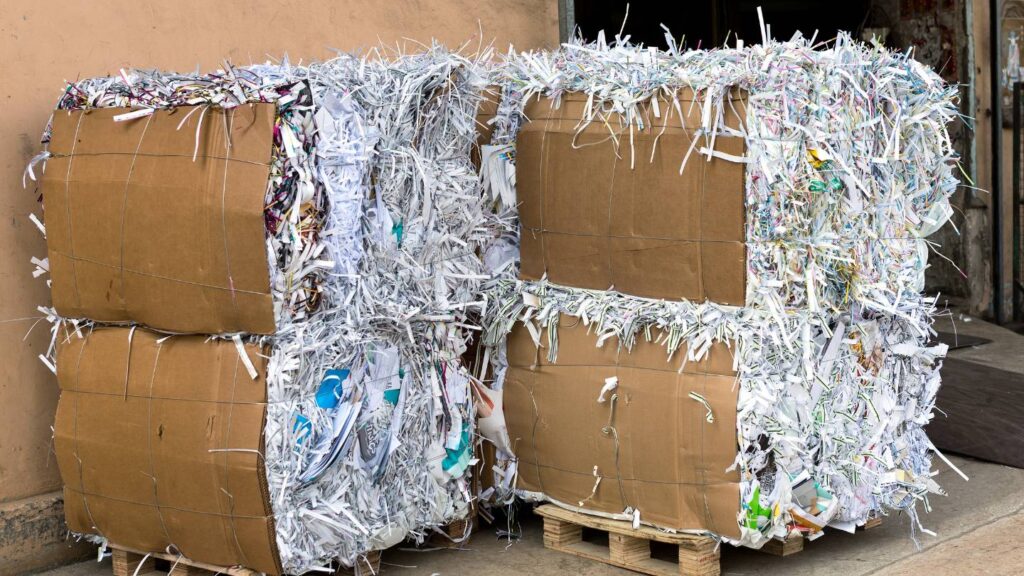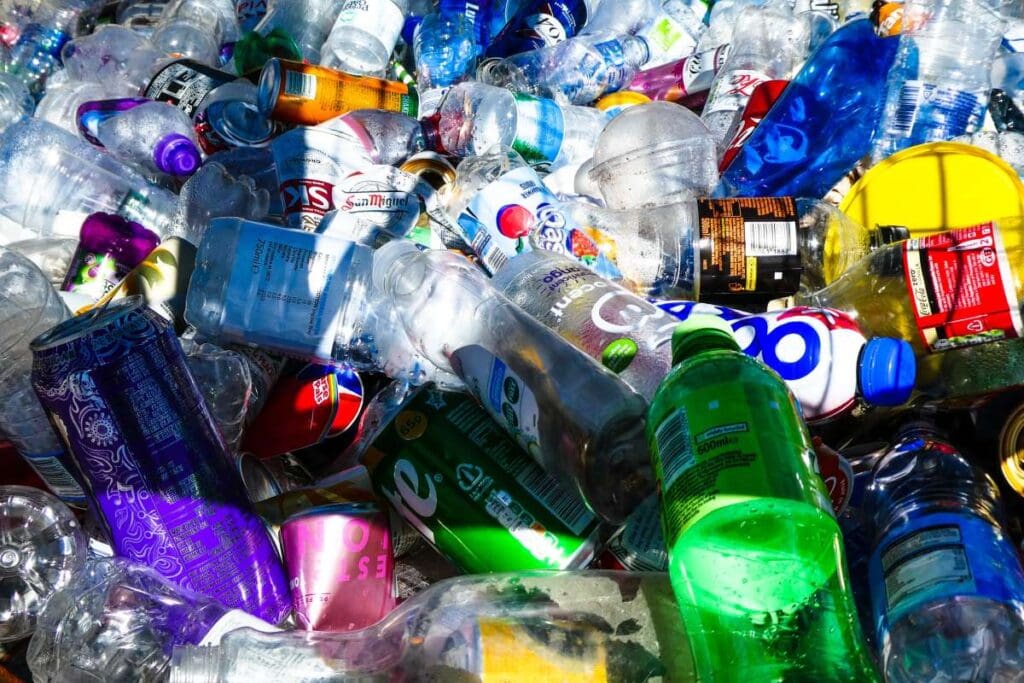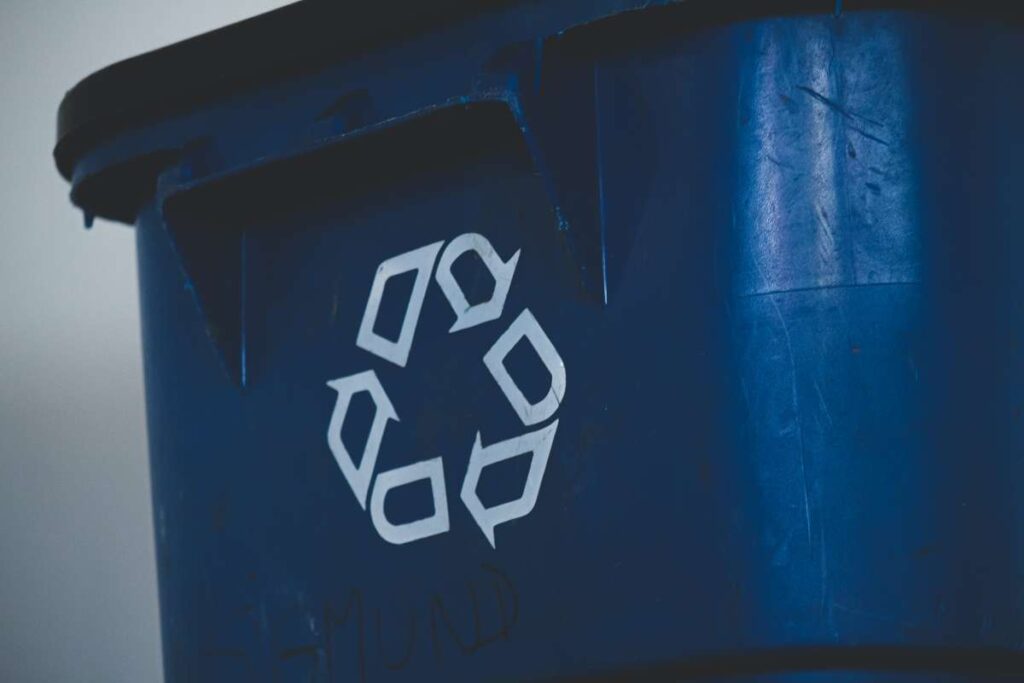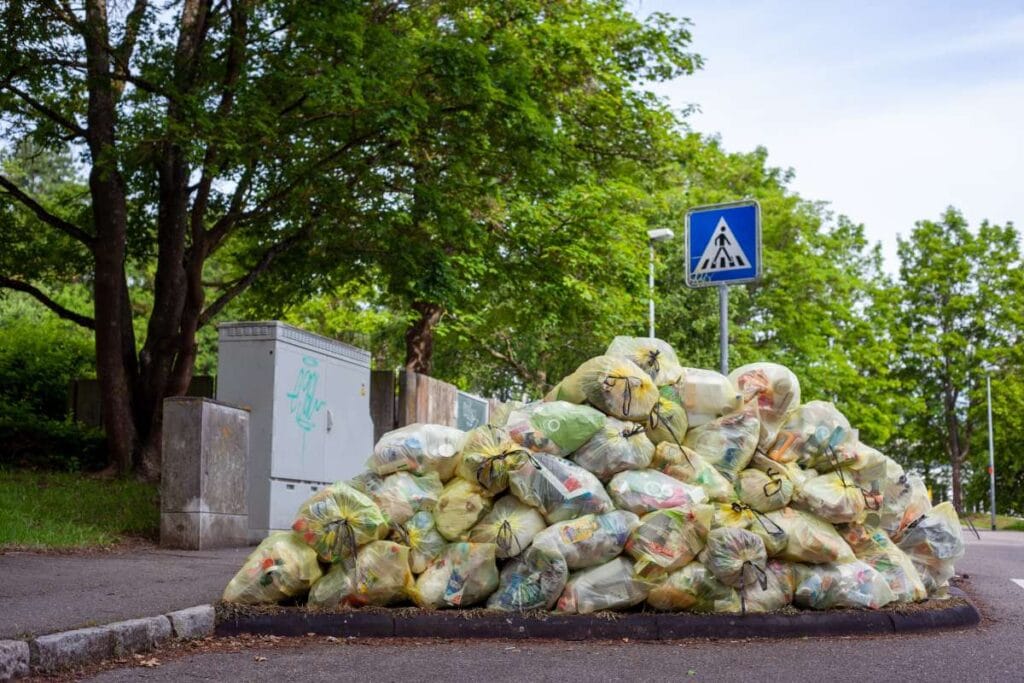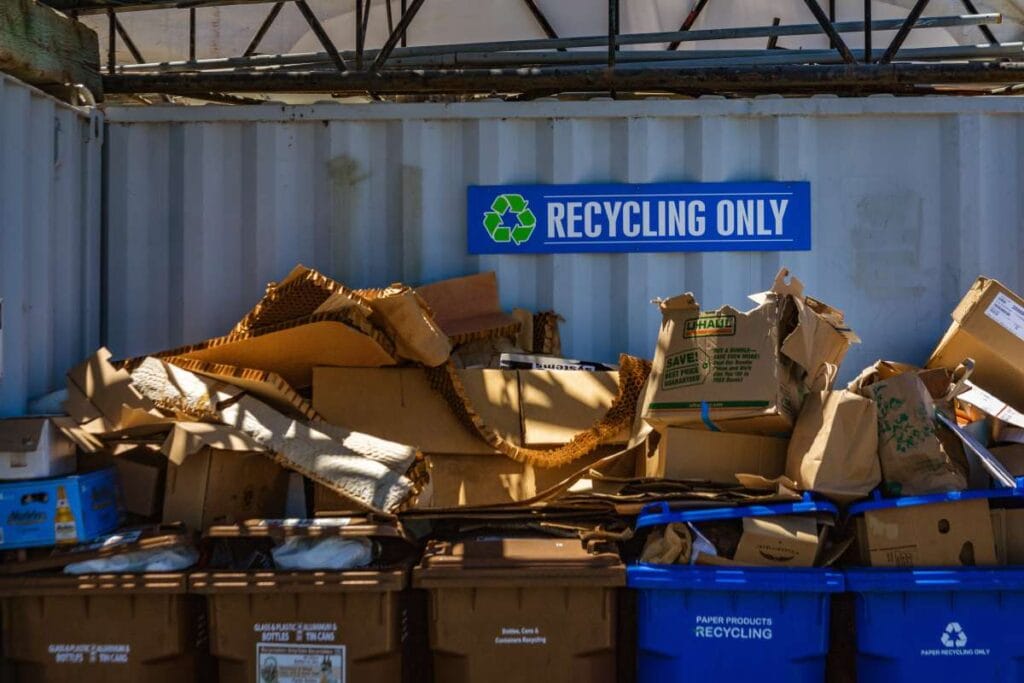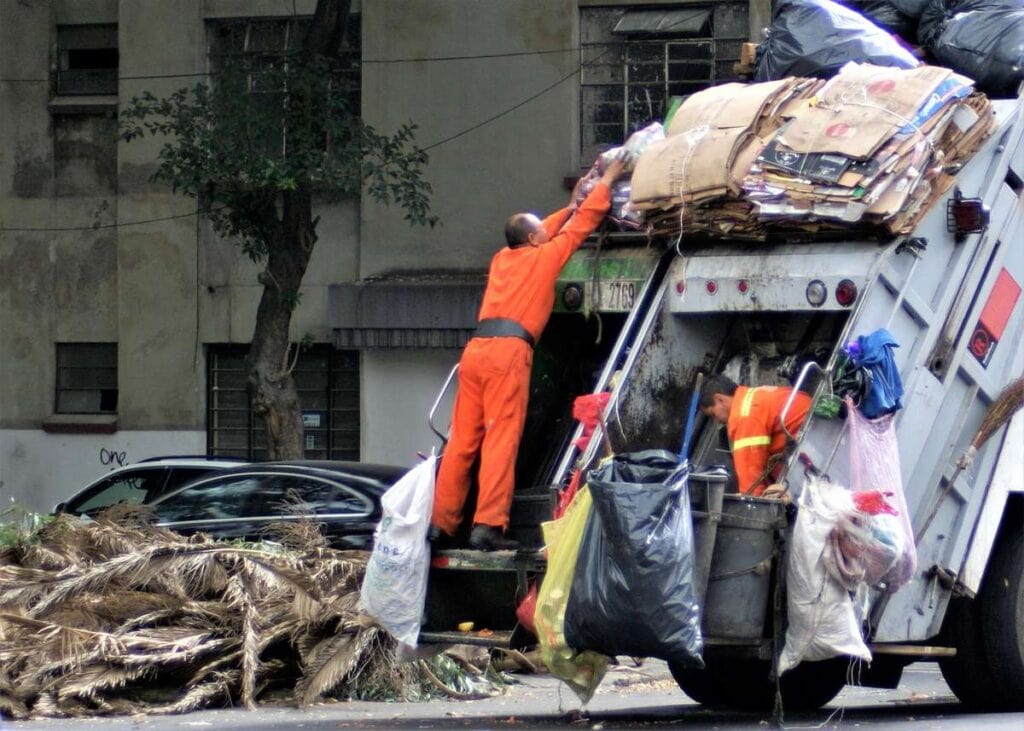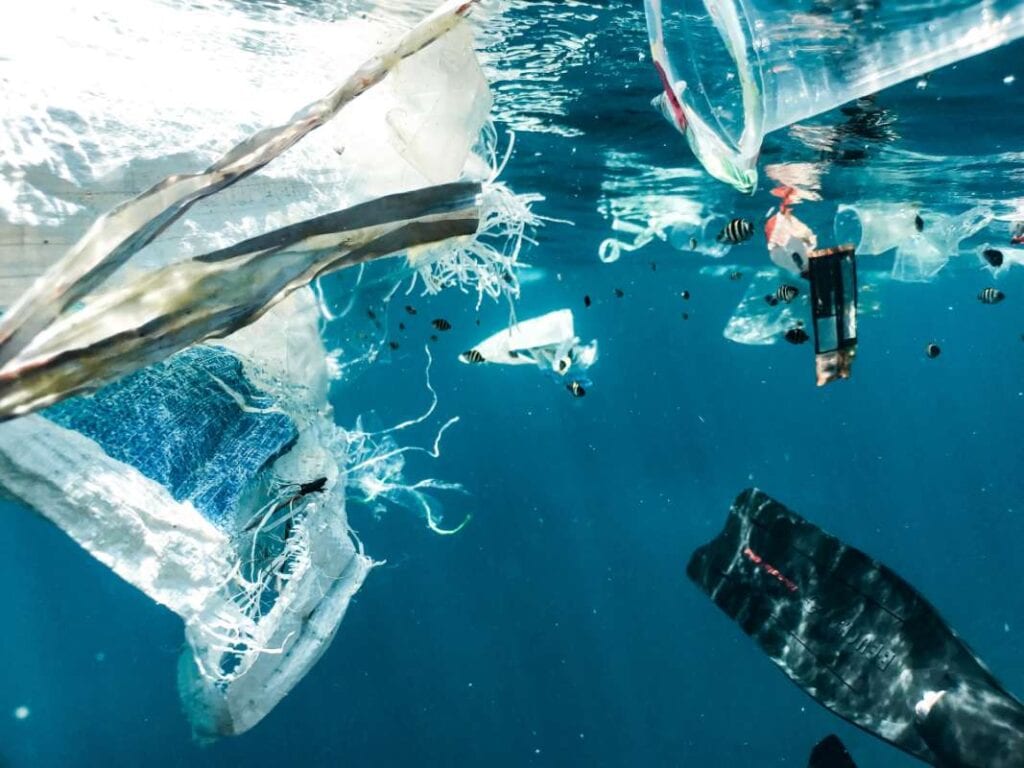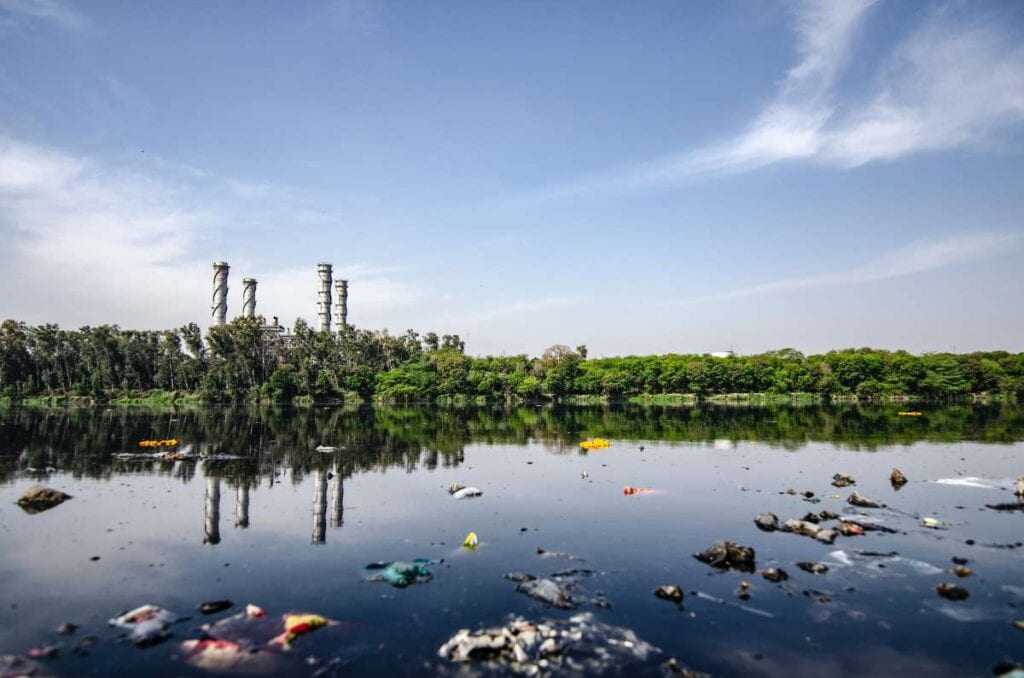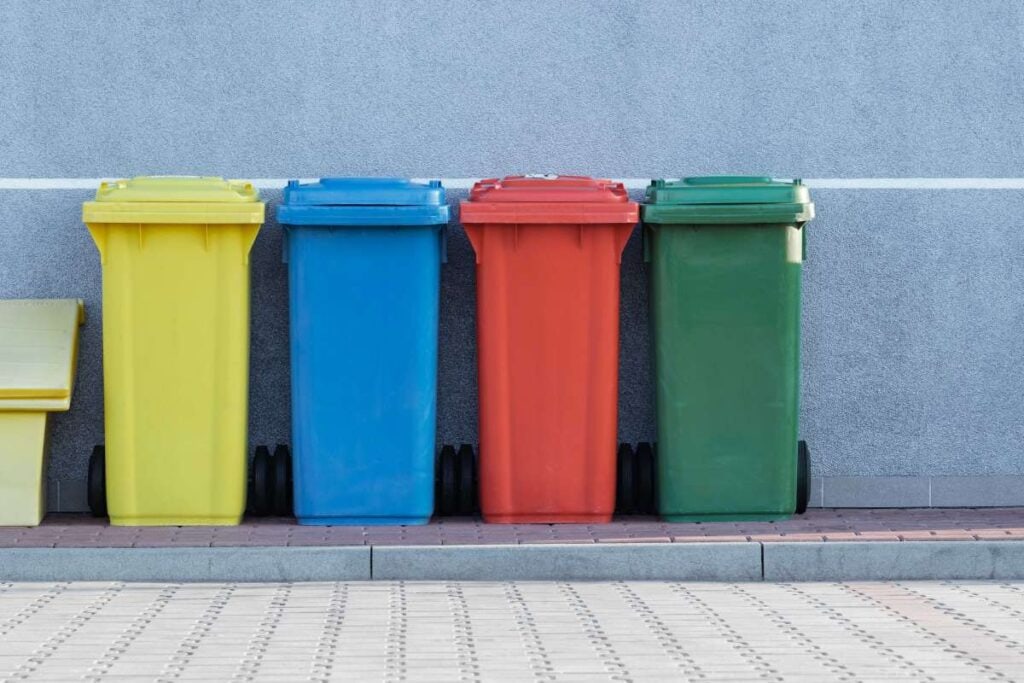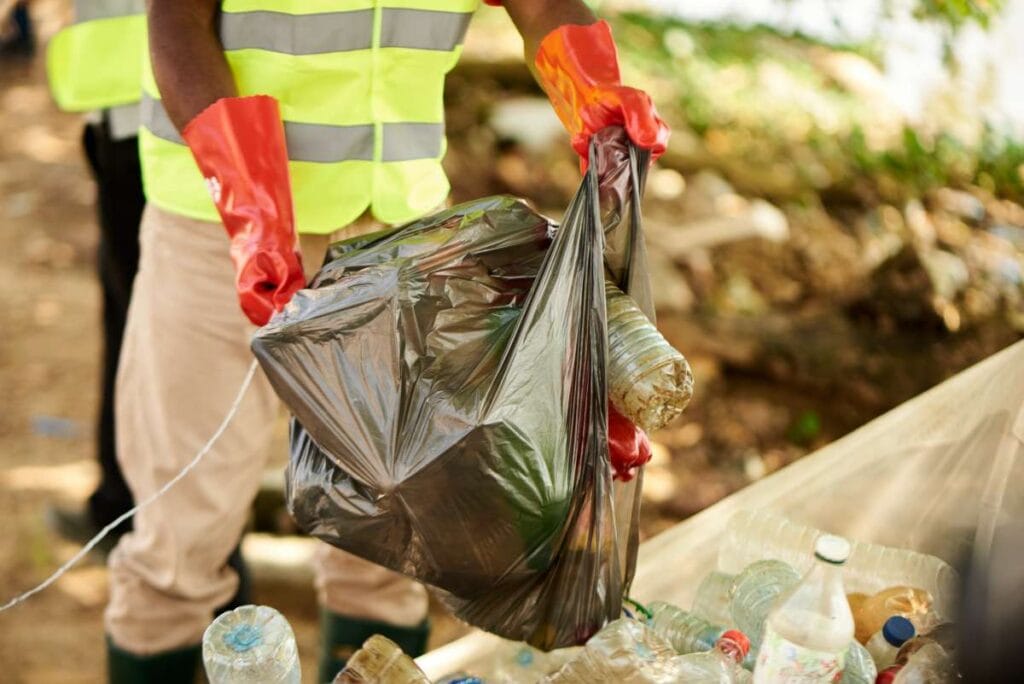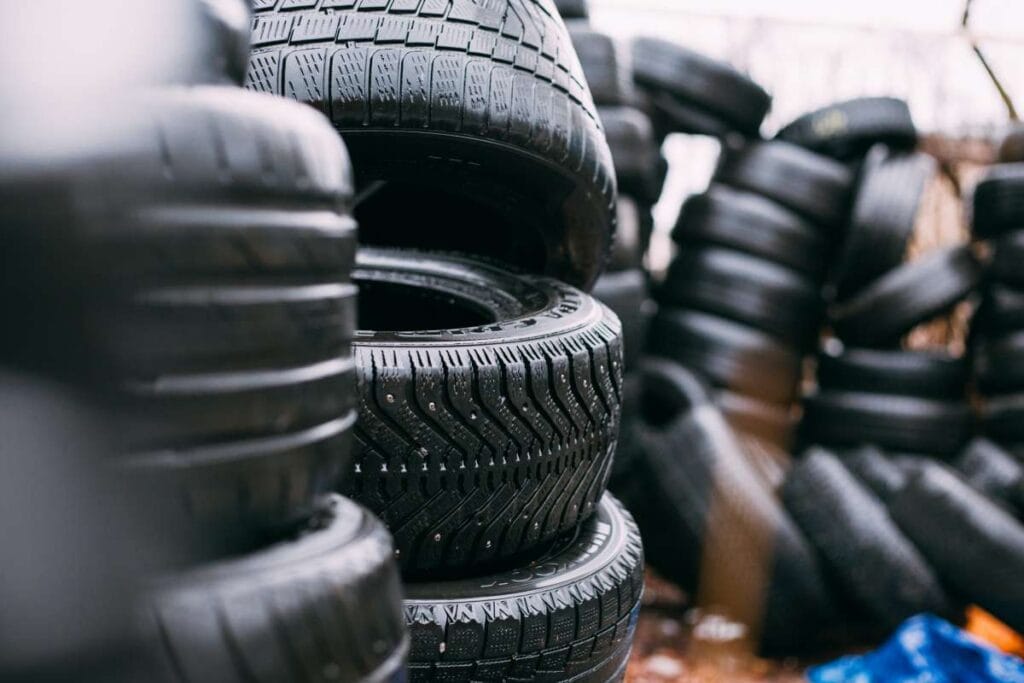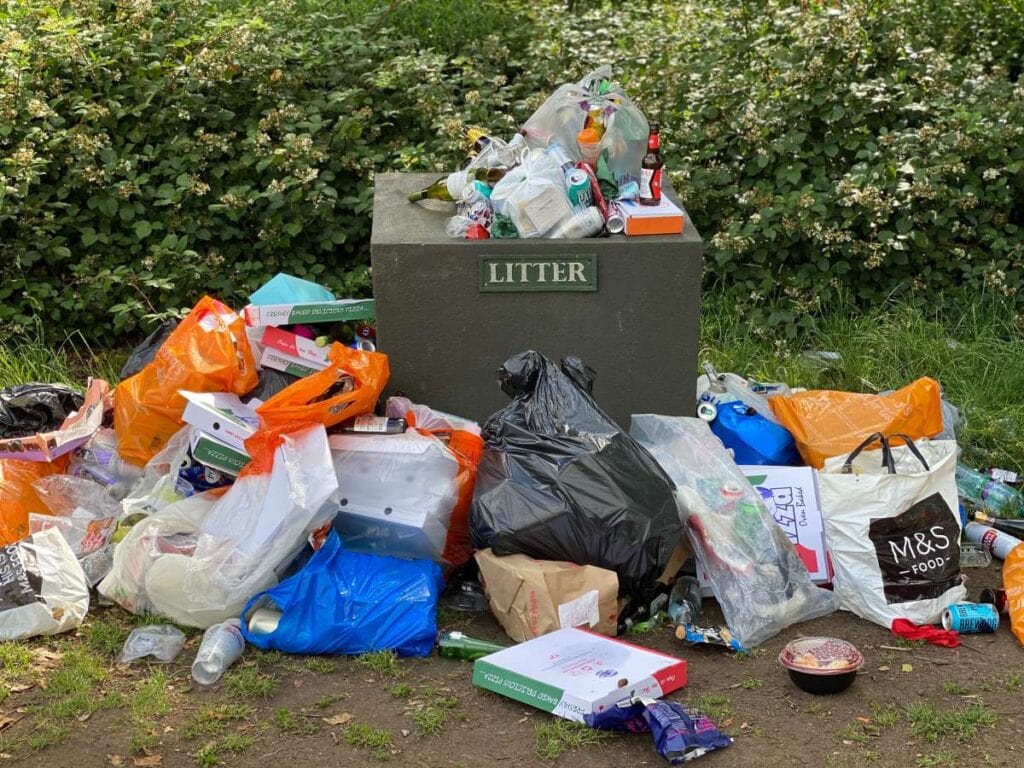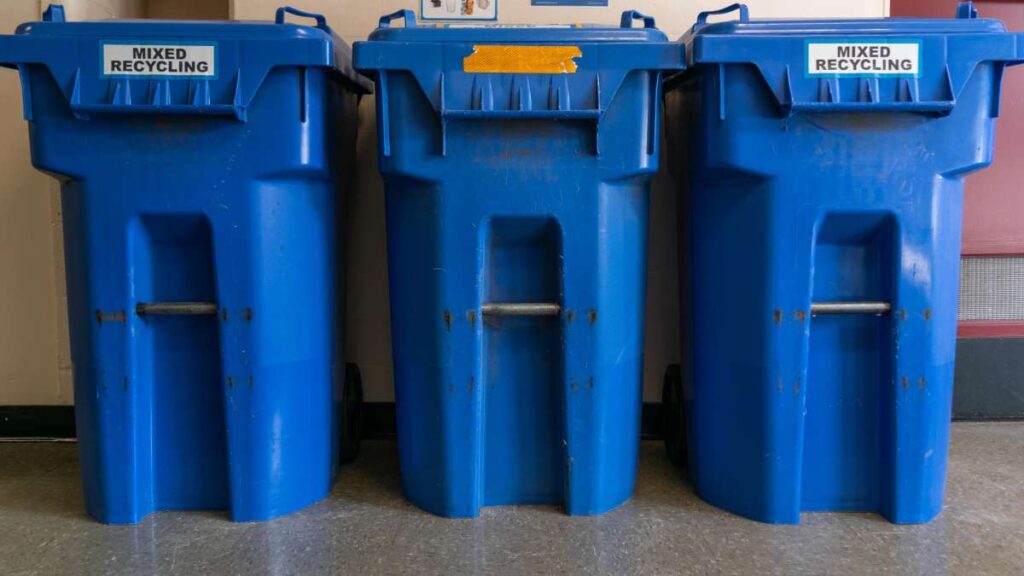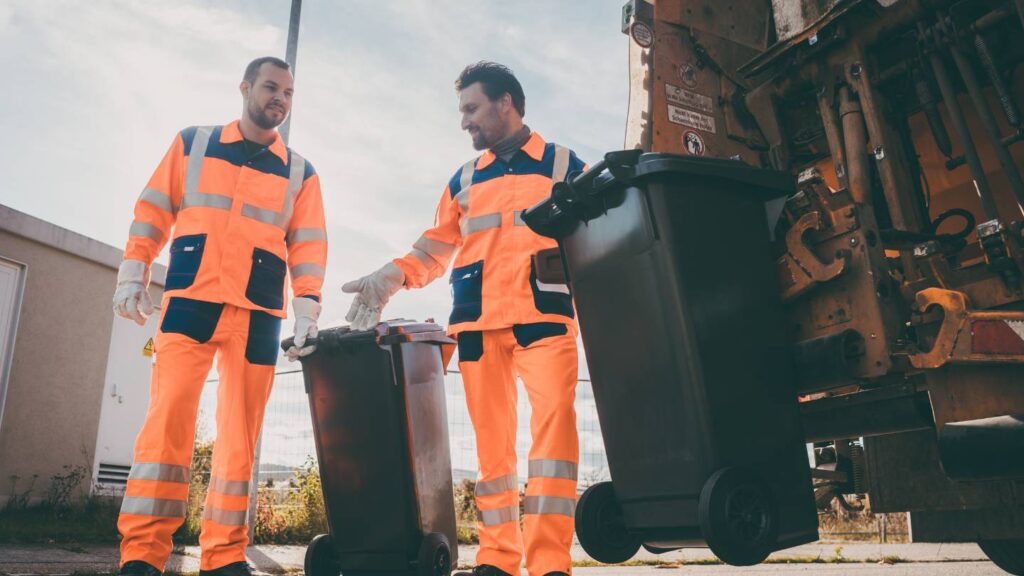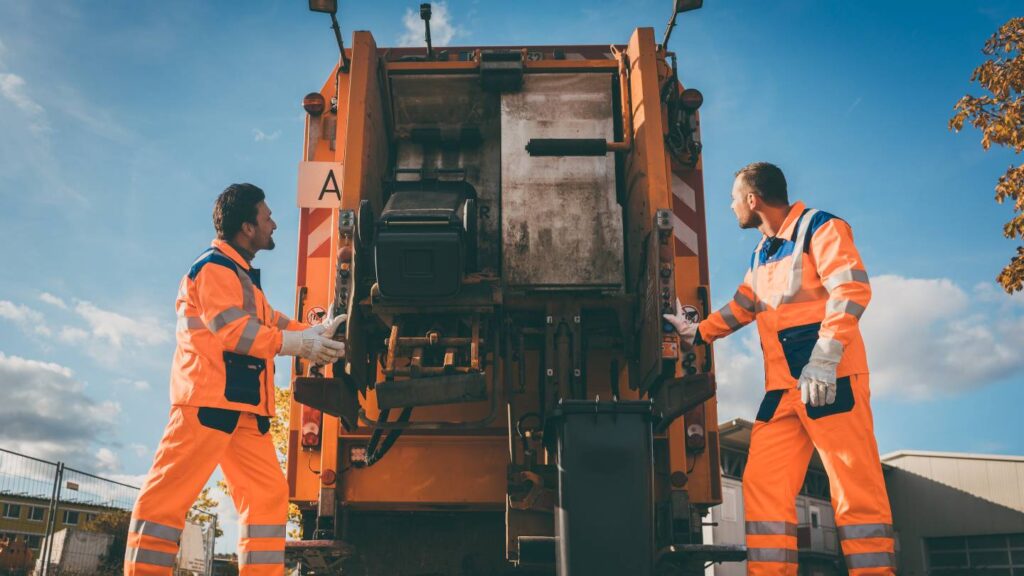Proper document management is crucial in the modern corporate environment. Businesses deal with a pile of sensitive information every day, from customers to financial records. The safe disposal of sensitive documents is thus an essential part of preserving data integrity and safeguarding sensitive information.
Hiring junk hauliers is an important precaution when disposing of sensitive papers since it reduces the likelihood of data breaches and illegal access. Here, we'll look at the measures taken by waste management companies to ensure the secure disposal of papers, reducing potential dangers and protecting private data.
Understanding the Value of Confidential Document Disposal
It is important to grasp the significance of safe document disposal before exploring the tactics used by waste management experts. Any company's finances, legal matters, clients, or proprietary data information is considered confidential. Inappropriate handling of these materials can put individuals and organisations in danger.
Identity fraud, financial fraud, legal problems, and reputational harm are all possible outcomes of improperly handling personal information. Businesses must ensure the safety of their clients, stakeholders, and themselves by implementing strong document disposal procedures.
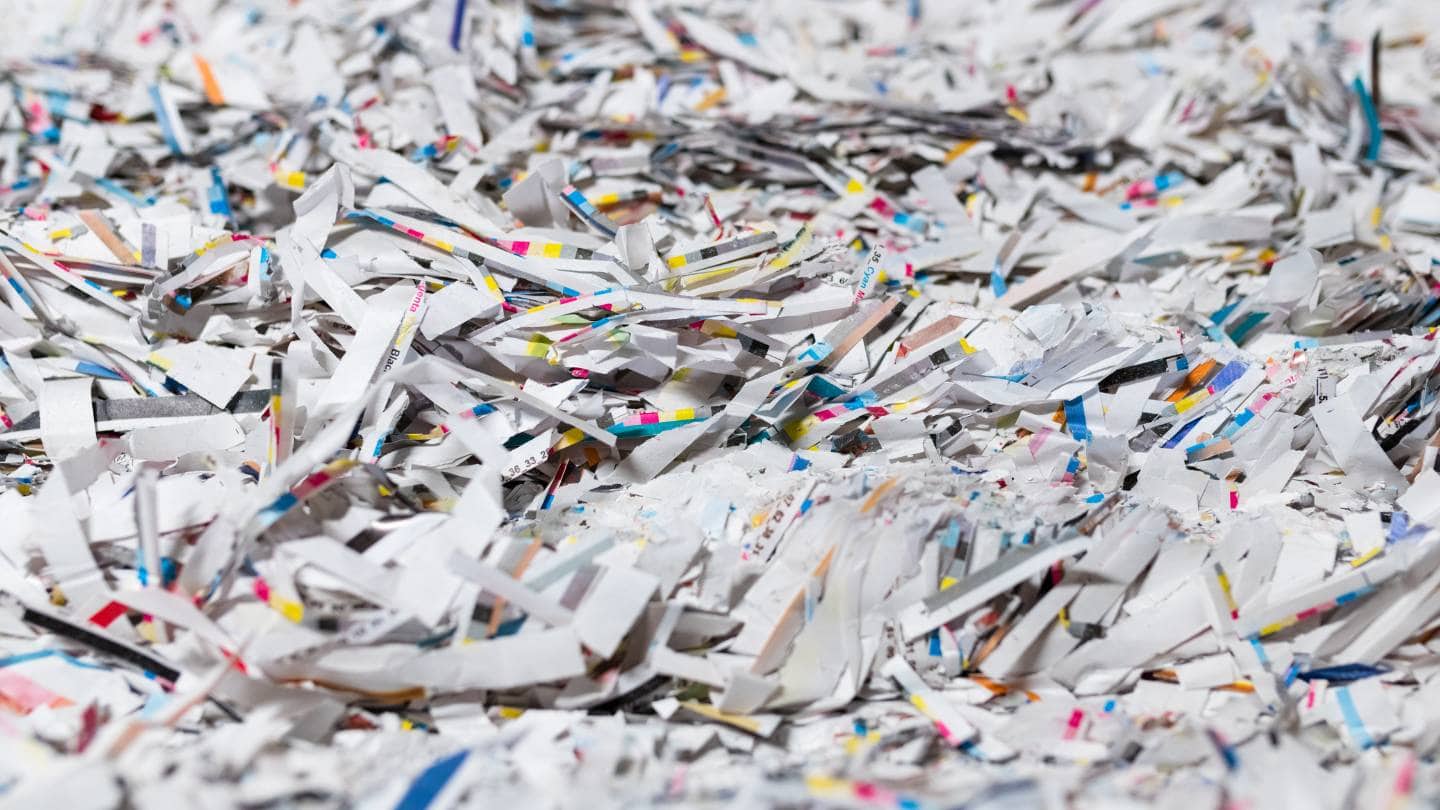
Methods Used by Rubbish Removal Professionals
Shredding Services
One of the most common and effective methods for secure document disposal is shredding. Rubbish removal professionals often provide on-site or off-site shredding services to ensure that sensitive documents are rendered unreadable before disposal. High-security shredders cut documents into tiny, confetti-like pieces, making it virtually impossible for anyone to reconstruct the original information.
On-site shredding involves a mobile shredding unit being brought to the client's location, allowing them to witness the destruction of their documents firsthand. On the other hand, off-site shredding involves collecting documents and transporting them to a secure facility for shredding.
Compliance with Data Protection Regulations
Rubbish removal professionals are well-versed in data protection regulations and compliance standards. They ensure that their document disposal practices adhere to laws such as the General Data Protection Regulation (GDPR), the Health Insurance Portability and Accountability Act (HIPAA), and other relevant industry-specific regulations.
By staying informed and up-to-date on these regulations, rubbish removal professionals guarantee that their clients' confidential information is disposed of in a manner that complies with legal requirements, minimising the risk of legal consequences.
Secure Transportation and Handling
Once documents are collected for disposal, rubbish removal professionals prioritise secure transportation to prevent potential breaches during transit. This involves using specially designed containers or secure vehicles with safety measures to safeguard against unauthorised access.
During transportation, documents are handled carefully to prevent accidental exposure or loss. Professionals ensure the chain of custody is maintained throughout the process, providing a clear record of who handled the documents and when.
Certificates of Destruction
To offer clients peace of mind and a tangible record of the secure disposal process, rubbish removal professionals issue certificates of destruction. These certificates detail the date and time of document destruction, the quantity of documents disposed of, and other relevant information. Clients can retain these certificates for their records, demonstrating compliance with data protection regulations.
Certificates of destruction serve as proof of secure disposal and contribute to the transparency and accountability of rubbish removal professionals, fostering trust between service providers and their clients.
Environmentally Responsible Disposal
In addition to ensuring the security of document disposal, rubbish removal professionals are increasingly adopting environmentally responsible practices. This involves recycling shredded paper and other materials, contributing to sustainability efforts while maintaining a commitment to secure document disposal.
By choosing rubbish removal professionals with eco-friendly practices, businesses can align their document disposal needs with broader environmental goals, creating a win-win situation for both data security and ecological responsibility.
Disadvantages of Mishandled Document Disposal
Individuals, companies, and organisations can face serious repercussions in this information era if document disposal is not handled properly. The wrong disposal of important data can lead to serious consequences, whether due to carelessness, lack of knowledge, or insufficient security measures. This blog will discuss the possible consequences when sensitive information gets into the wrong hands and examine the drawbacks of improperly disposed documents.
Identity Theft and Fraud
One of the most alarming disadvantages of mishandled document disposal is the increased risk of identity theft and fraud. Personal and financial information, when improperly discarded, becomes a treasure trove for identity thieves. Mishandled documents containing details such as names, addresses, social security numbers, and financial records can lead to criminals impersonating individuals and committing fraud, causing immense financial and emotional distress.
Legal Consequences and Regulatory Penalties
In an era where data protection laws are becoming increasingly stringent, mishandling document disposal can result in severe legal and regulatory penalties. Laws such as the General Data Protection Regulation (GDPR), the Health Insurance Portability and Accountability Act (HIPAA), and others mandate strict protocols for the secure handling and disposal of sensitive information. Failure to comply with these regulations can lead to hefty fines, legal actions, and reputational damage.
Damage to Reputation and Trust
Mishandled document disposal can tarnish the reputation of businesses and organisations, eroding the trust of clients, customers, and stakeholders. When news of a data breach or improper disposal surfaces, it can lead to losing confidence in the organisation's ability to safeguard sensitive information. Rebuilding trust once it's been compromised is a challenging and time-consuming process that may have long-lasting consequences for the affected entity.
Corporate Espionage and Competitor Advantage
Businesses often generate confidential documents containing proprietary information, trade secrets, and strategic plans. Mishandling these documents can open the door to corporate espionage, allowing competitors or malicious actors to gain access to sensitive business intelligence. This breach of confidentiality can provide competitors with a significant advantage, undermining the affected company's market position, innovation, and competitive edge.
Compromised National Security
In certain cases, mishandling sensitive documents can extend beyond individual or corporate consequences to impact national security. Government agencies and organisations entrusted with classified information must adhere to stringent security protocols. If classified documents are improperly disposed of, it could compromise national security, jeopardising the safety and well-being of citizens.
Exposure of Personal Health Information (PHI)
In the healthcare industry, the mishandling of document disposal can have dire consequences, especially concerning Personal Health Information (PHI). Medical records, prescription details, and other confidential health-related documents must be treated with the utmost care. Failure to do so puts individuals at risk of identity theft. It violates the trust between healthcare providers and patients, leading to legal ramifications and damage to the healthcare institution's reputation.
Environmental Impact
Improper document disposal poses risks to information security and contributes to environmental concerns. When documents are not shredded or disposed of in an environmentally friendly manner, the sheer volume of paper waste adds to the burden on landfills. Responsible disposal methods, such as recycling shredded paper, can mitigate the environmental impact of document disposal.
What Type of Insurance Does Rubbish Disposal Offer?
Most junk hauling firms provide insurance coverage to safeguard their customers from any possible hazards or liabilities that may arise from the removal of trash and debris. Various garbage collection services may give different kinds of insurance, but generally speaking, these are the kinds of policies that might be available:
Public Liability Insurance
Coverage: Public liability insurance is designed to protect the rubbish removal company and its clients from claims related to property damage or personal injury that may occur during the removal process. It covers legal expenses and compensation payments if a third party (such as a client or bystander) suffers injury or property damage because of the removal service.
Employer's Liability Insurance
Coverage: This insurance is essential when rubbish removal companies have employees. It covers claims made by employees who suffer work-related injuries or illnesses. It helps cover medical expenses, rehabilitation costs, and legal fees associated with such claims.
Vehicle Insurance
Coverage: Rubbish removal companies typically operate vehicles for transporting waste and debris. Vehicle insurance is crucial to cover damages or losses resulting from accidents, theft, or other vehicle removal incidents. This may include coverage for owned or hired vehicles used during business.
Goods in Transit Insurance
Coverage: This insurance protects the contents of the removal vehicles during transit. It covers damage, loss, or theft of the waste and debris being transported. Clients' possessions or materials being removed may be covered under this policy, providing reassurance in case of unexpected events during transportation.
Pollution Liability Insurance
Coverage: As rubbish removal involves handling waste materials, pollution liability insurance may be necessary. This type of coverage protects against claims related to environmental damage caused by improper disposal or accidental release of pollutants during removal.
Professional Indemnity Insurance
Coverage: Rubbish removal companies may offer professional indemnity insurance to protect against claims related to service errors or omissions. This coverage is particularly relevant when clients allege financial loss or damage due to the removal company's professional negligence.
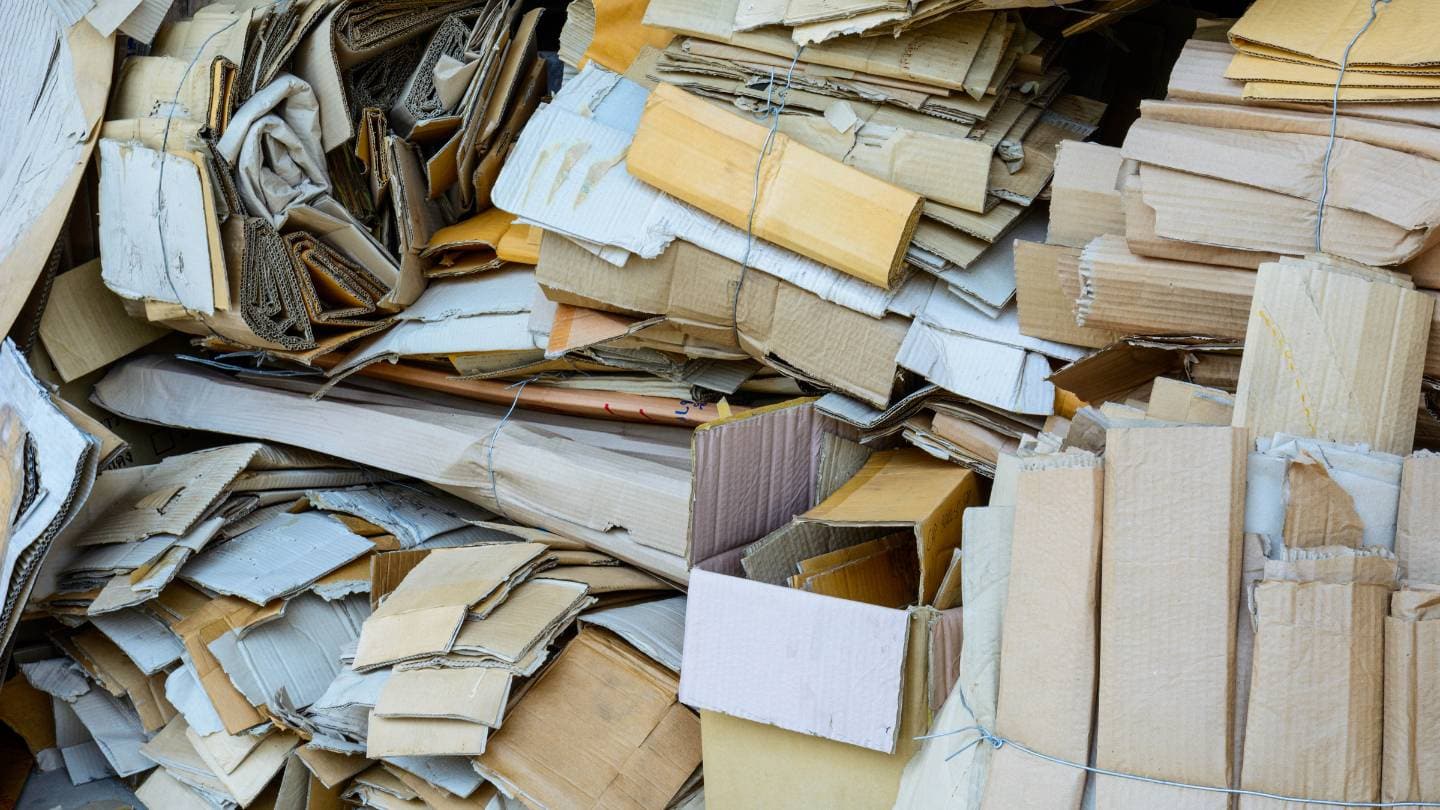
Legal Expenses Insurance
Coverage: Legal expenses insurance covers legal costs associated with defending or pursuing legal action. This can be beneficial when disputes arise, contracts are contested, or other legal issues emerge during rubbish removal operations.
Customers should carefully examine the insurance policies provided by junk hauliers to be sure they cover their unique requirements and the type of service they need. Furthermore, the client's responsible for ensuring that the garbage disposal service has sufficient insurance and follows all applicable rules and laws.
Reputable trash removal companies will safeguard their clients and themselves from possible dangers and liabilities by prioritising thorough insurance, but the types and degrees of coverage may differ. Clients with questions or concerns regarding their coverage can contact their insurance provider and get answers about the policies in effect.
Conclusion
The safe disposal of sensitive documents is an important step in maintaining data integrity and protecting sensitive information; experts in junk removal may help with this. They use a number of techniques, including document shredding, secure transit and handling, data protection regulatory compliance, and certificate of destruction issuance.
In order to render papers completely unrecoverable, shredding services use high-security shredders to reduce them to small, confetti-like fragments. When we shred documents on-site, we bring a mobile shredding device to the client's location. When we destroy papers off-site, we gather them and send them to a safe facility.
Experts in junk removal know the ins and outs of data protection laws and compliance standards, so they can guarantee that their services are above board. The use of specifically constructed containers or trucks equipped with safety precautions ensures the secure transfer and handling of papers. The use of certificates of destruction increases accountability and openness by providing evidence of safe disposal.
Garbage collection services also place an emphasis on eco-friendly disposal practices, such as recycling shredded paper and other debris to aid in sustainability initiatives and keep sensitive documents safe. Identity fraud and other forms of improper document disposal can do significant harm to both people and businesses, both monetarily and emotionally.
Serious fines, legal actions, and harm to one's reputation can result from improper document disposal, which is a major violation of regulations. Confidential papers including trade secrets, proprietary information, and strategic plans are frequently created by organisations and corporations in this age of strict data protection regulations.
If these documents are handled improperly, they could lead to corporate espionage and give competitors access to confidential company information. Companies risk having their market share, innovation, and competitive advantage eroded as a result of this type of disclosure.
Content Summary
- Proper document management is vital in the corporate world, where businesses handle sensitive information daily.
- Secure disposal of confidential documents is crucial for data integrity and safeguarding sensitive information.
- Junk hauliers play a pivotal role in reducing the risk of data breaches and illegal access during document disposal.
- Confidential information includes financial records, legal matters, client data, and proprietary business information.
- Mishandling such information can lead to identity theft, financial fraud, legal issues, and reputational harm.
- Businesses must implement robust document disposal procedures to protect themselves, clients, and stakeholders.
- Shredding services are a common and effective method for secure document disposal, rendering documents unreadable.
- On-site and off-site shredding services are provided, allowing clients to witness destruction or transporting documents to a secure facility.
- Compliance with data protection regulations ensures legal adherence, minimizing the risk of legal consequences.
- Secure transportation and handling prioritize the prevention of breaches during transit, maintaining the chain of custody.
- Certificates of destruction offer tangible proof of secure disposal, fostering transparency and accountability.
- Environmentally responsible disposal practices, such as recycling shredded paper, align with sustainability efforts.
- Mishandled document disposal increases the risk of identity theft and fraud, causing financial and emotional distress.
- Legal consequences and regulatory penalties may result from failure to comply with data protection laws.
- Damage to reputation and trust occurs when news of data breaches or improper disposal surfaces.
- Mishandled documents can lead to corporate espionage, providing competitors with a significant advantage.
- Compromised national security is possible if classified documents are improperly disposed of.
- Exposure of Personal Health Information (PHI) in the healthcare industry can lead to legal ramifications and reputational damage.
- Environmental impact arises from improper disposal, contributing to paper waste in landfills.
- Public Liability Insurance protects against property damage or personal injury claims during the removal process.
- Employer's Liability Insurance covers work-related injuries or illnesses suffered by employees.
- Vehicle Insurance covers damages or losses resulting from accidents, theft, or other incidents involving removal vehicles.
- Goods in Transit Insurance protects contents during transportation, covering damage, loss, or theft.
- Pollution Liability Insurance safeguards against claims related to environmental damage during waste handling.
- Professional Indemnity Insurance protects against claims related to errors or omissions in services.
- Legal Expenses Insurance covers legal costs associated with defending or pursuing legal action.
- Clients should carefully examine insurance policies to ensure they cover their specific needs and service requirements.
- Reputable rubbish removal companies prioritize thorough insurance to protect against potential risks and liabilities.
- Clients with questions about their coverage should contact their insurance provider for clarification.
Frequently Asked Questions
Professional trash removal services may manage domestic items, building debris, green garbage, electronic waste, and dangerous materials. They can handle many waste types and recycle or dispose of them.
Waste removal prices depend on volume, type, and location. Some firms charge by the amount of trash space in their trucks, while others offer fixed rates or customised quotes based on task requirements.
Professional trash removal services often recycle. To find recyclables, they actively sort at the collecting location. These things are recycled, helping sustainability and lowering waste disposal's environmental impact.
Scheduling trash removal is usually easy. Most services offer online or phone booking for convenient pickup times. Many removal firms attempt to respond quickly, especially for critical situations like relocation or building.
Professional trash hauliers handle dangerous materials legally and securely. Compliance with local legislation is ensured by thorough identification, containment, and disposal methods. Customers can ask about hazardous waste management and environmental and public health protection.
